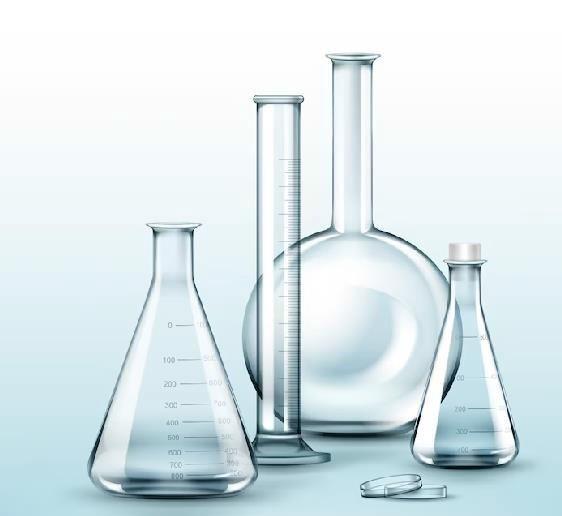EVERYTHING YOU NEED TO KNOW ABOUT GLASSWARE IN THE LAB
Glassware is used in labs worldwide because of its great chemical resistance, dimensional stability, and transparency. Despite the emergence of plastic substitutes, glass remains a favoured choice for many researchers and scientists due to its unique qualities and adaptability for particular applications. Our laboratory glassware in india




is a top provider of laboratory equipment, offering top-notch goods at competitive pricing.
Variety of Glass in Chemistry
Borosilicate glass, fused silica glass, quartz glass, and tempered glass are lab glassware names of technical glass. Some kinds have distinct benefits, such as thermal shock resistance, excellent purity, and increased strength. The right technical glass can be chosen depending on the application's needs. These are:
Soda-lime glass: AR-Glas and other technical glass varieties are created to have special qualities that make them suitable for various applications. AR-Glas, for example, has good physical and chemical qualities, making it perfect for laboratory equipment such as culture tubes and pipettes subjected to low heat stress and short-term chemical exposure. Its unique qualities make it a versatile material for various scientific applications.
Borosilicate glass: BORO 3.3 and BORO 5.0 glass are chemical and thermal resistant, making them perfect for laboratory applications. BORO 3.3 is well-known for its outstanding thermal shock and mechanical stability qualities.
What is laboratory glassware?
Due to its versatility and durability, laboratory glassware is a crucial instrument in scientific research and is used for various purposes. Glassware is common in the lab setting but is also prone to breaking. Nevertheless, with careful handling and training, dangers may be reduced.
Uses of glass in the laboratories
In the lab, using glass needs vigilance to avoid potential risks. Use appropriate containers for exothermic processes and avoid subjecting glass instruments to abrupt changes in temperature or pressure. For exothermic processes, graduated cylinders and volumetric flasks shouldn't be utilised. Use safety gear like goggles, gloves, and screens to exert yourself steadily.
The durability of glass practically
Glass must be appropriately heated and cooled within allowable mechanical loads to prevent thermal stress-related breaking. Glass that has scratches or cracks is likelier to break. It's critical to select the proper glassware for each application since different types of glass in chemistry have different degrees of resistance to temperature change.
Chemical resistance of glass
Since a coating of silica gel forms on the surface of the glass, which inhibits further corrosion, glass has great resistance to the action of water and acids. Nevertheless, hydrofluoric acid and heated phosphoric acid can prevent this layer from developing. Alkalis may damage glass surfaces at high temperatures and concentrations, ruining volumetric instruments or modifying their volume.
How to maintain immaculate lab glassware
Glassware should first be washed in cold water to remove any residue before cleaning. Clean it with a brush, soak it in a disinfectant solution, and then rinse it three times in deionised water. Use a hot air oven or let it air dry.
We are the leading manufacturer of laboratory equipment suppliers in Mumbai, and our suppliers can be found in all 50 states and every Union Territory.
